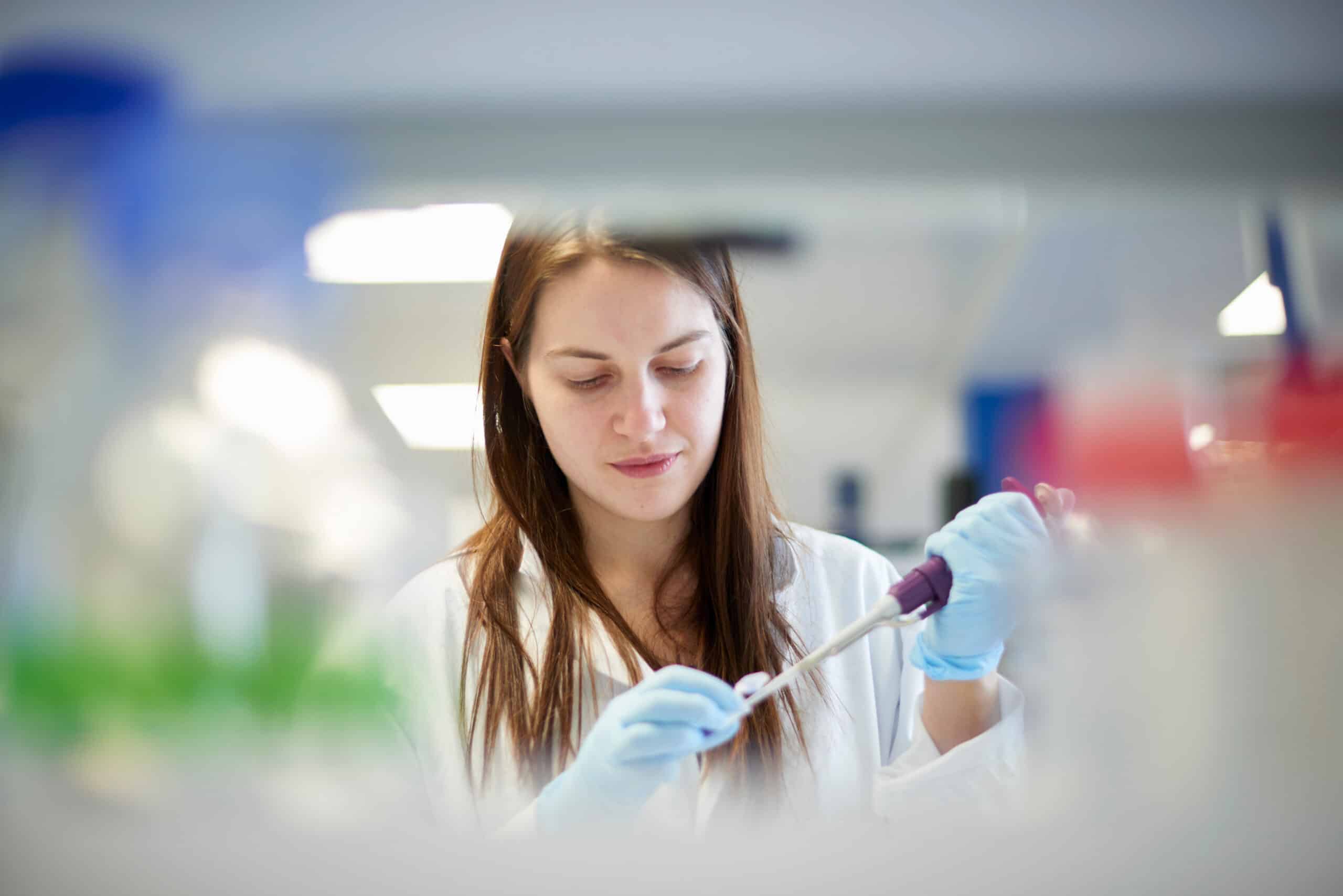
With more than 1700 researchers, staff and students in our ecosystem, our world leading experts collaborate across multidisciplinary teams with one goal, to help our community be healthier.
We drive research that anticipates emerging health trends, issues, and challenges impacting the people in our communities.
To discover groundbreaking medical interventions and further advance our understanding of healthcare, we’re exploring new medical technologies, techniques and ideas.
These include pharmaceutical innovation, digital health solutions, precision medicine, the role of AI, regenerative medicine and much more.
Our surroundings can have a significant impact on our physical and mental health.
We’re uncovering the triggers and patterns behind these impacts and chronic diseases. We’re also exploring how our changing climate can affect the health of our communities.
We want to better understand and enhance how each of us can maintain optimal physical and mental health across our entire life.
By researching our lifestyle practices, health behaviours and understanding health equity and social impacts, we can provide better resources and empower our communities to live a healthy lifestyle.
At HMRI, we’re committed to taking healthy further for our communities. By combining the best minds with world-class facilities and research acceleration services, we aim to solve the world’s greatest health challenges faster.
We house a comprehensive suite of services designed to accelerate research and research translation.
Our Research Programs explore the illnesses, diseases and life stages that are important to our communities.
From bright students and early career researchers through to several Laureate Professors and internationally recognised leaders in their field, our researchers are taking healthy further for our communities.
From our world-class HMRI building and beyond, we house a wide range of cutting-edge scientific and medical equipment, laboratories and services all driving research excellence.
We celebrate research excellence and impact each year through the HMRI Research Awards.
HMRI would like to acknowledge the Traditional Custodians of the land on which we work and live, the Awabakal and Worimi peoples, and pay our respects to Elders past and present. We recognise and respect their cultural heritage and beliefs and their continued connection to their land.

Hunter Medical Research Institute
We’re taking healthy further.
Locked Bag 1000
New Lambton
NSW, Australia, 2305



This site is protected by reCAPTCHA and the Google Privacy Policy and Terms of Service apply.
Copyright © 2024 Hunter Medical Research Institute | ABN: 27 081 436 919
Site by Marlin Communications
